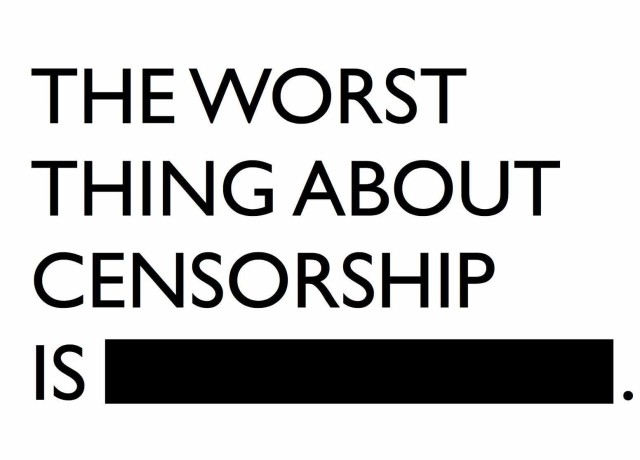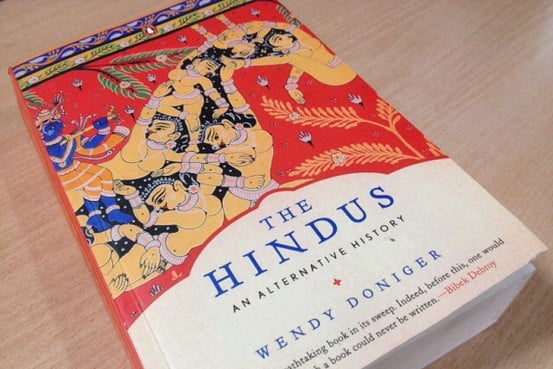By Ipshita Agarwal

When the Satanic Verses got banned in India and other parts of the world, they said that Salman Rushdie was a supporter of blasphemy. Numerous killings, attempted killings, and bombings resulted from Muslim anger over the novel. Today, so many years later, youngsters in India know of Satanic Verses as the novel which got banned. Many don’t even know why, many know of Satanic Verses as the “forbidden” novel.
Earlier this week, so many years later, publishing house Penguin has decided to withdraw the 2009 novel: ‘The Hindus, An alternative history’ and pulp all remaining copies of the book in India. The reason?
A four year court battle with Shiksha Bachao Andolan, an activist group which claimed that the book insulted Hindus. The group filed civil and criminal cases in a New Delhi court on the grounds that the book contained factual errors and misrepresented Hindu mythology.
There has been outrage from several writers and bodies over what this move means for ‘freedom of speech and expression’, and they have condemned Penguin for giving in to the demands of an activist group. Wendy Doniger, the author of the book, said she was angry and disappointed by this decision. “I am deeply troubled by what it foretells for free speech in India in the present, and steadily worsening, political climate.” She says.

While some blame Penguin for ‘caving in’ to the pressure (even though there were no dharnas, bandhs or public outrage, as yet), what people don’t seem to realise is, that the political and legal system in India has prompted Penguin to do so. In saying this, I am in no way, absolving Penguin, but bringing to the fore a more important deep seated problem, that is just getting deeper by the day. Censorship over press, and now censorship over ideas and speech? If your book does not glorify Hindus, does not promote Hindutva, it won’t stay on the shelf too long; or worse still, might not reach the shelf in the first place!
And this, in the world’s second largest democracy, just speaks volumes of the intolerance of certain sections of people in power to others’ ideologies.
The literary community has expressed deep regret and angst over this incident. A popular and well-established publisher like Penguin would take such a decision, is shocking for everyone. For the generation that’s grown up reading Penguin-published books.
The Indian branch of writers’ organization PEN says-
“Choosing to settle the matter out of court, instead of challenging an adverse judgment, narrows India’s intellectual discourse and significantly undermines freedom of expression.”
And it doesn’t stop at just books. Very recently, Sanjay Leela Bhansali’s latest flick, Ramleela faced protest and outrage over its name. Yes, because of the word ‘Ram’, certain Hindutva groups claimed to be ‘hurt’ by the title and demanded the name to be changed, and so what we had was ‘Goliyan ki Rasleela, Ram-Leela’.
What we need to think is, in a secular nation, how does one group decide what Hindutva means? Who gives them the liberty to decide what is acceptable and what is not? The religion belongs to each and every person who is a follower, as it does to the group. Why then, are we giving them the power to jeopardize the freedom of speech and expression that forms the very foundation of our democracy.
In Neil Gaiman’s words, “The solution to a book you don’t like is to explain why you don’t like it, point out its flaws, write your own book.” He adds “It’s not to get the book pulped because it offends you. even if you think it’s bad. Especially if you think it’s bad.”
Books can be shelved, movies can be banned. But can people’s ideas and ideologies be, too?


































